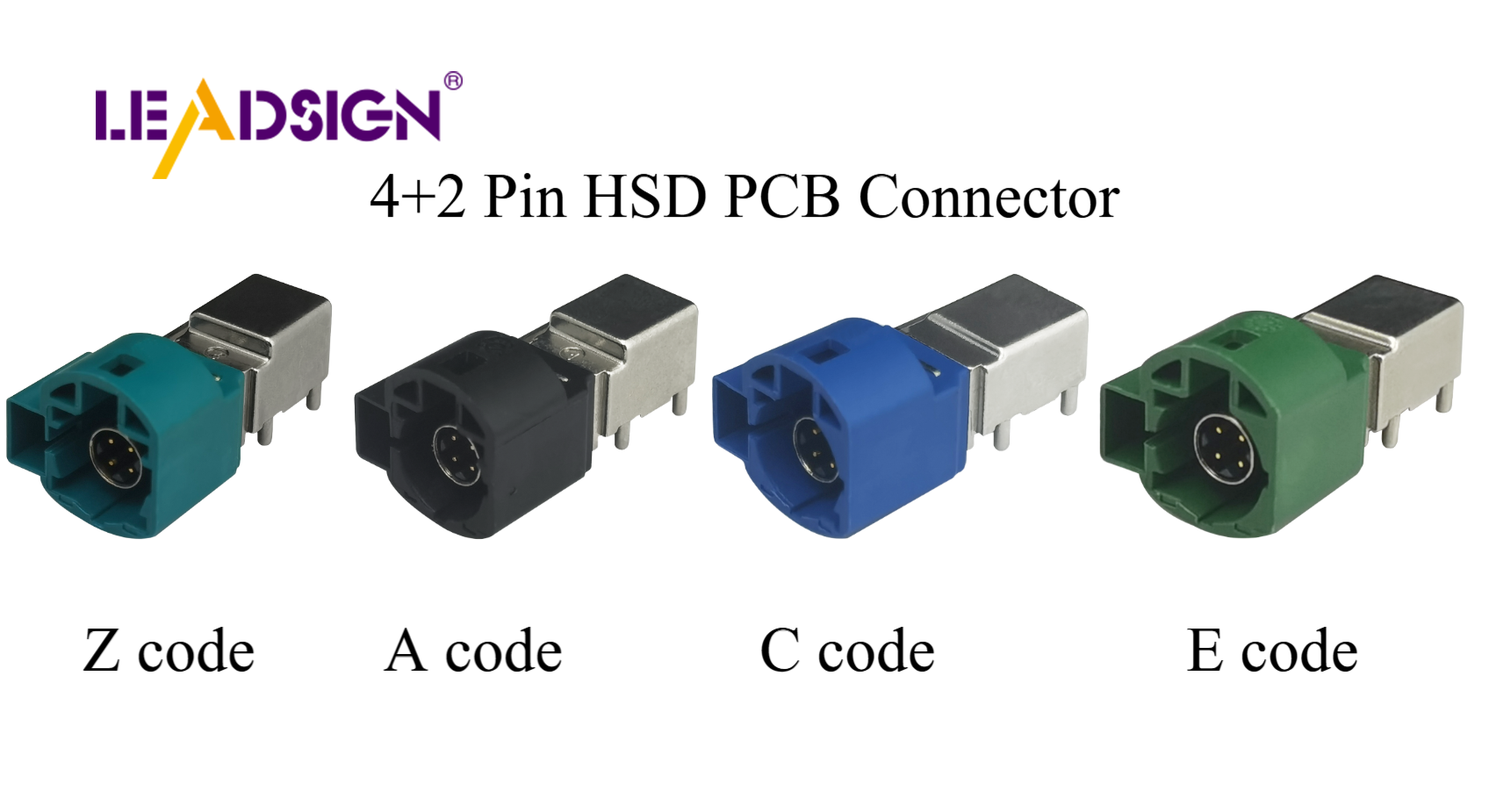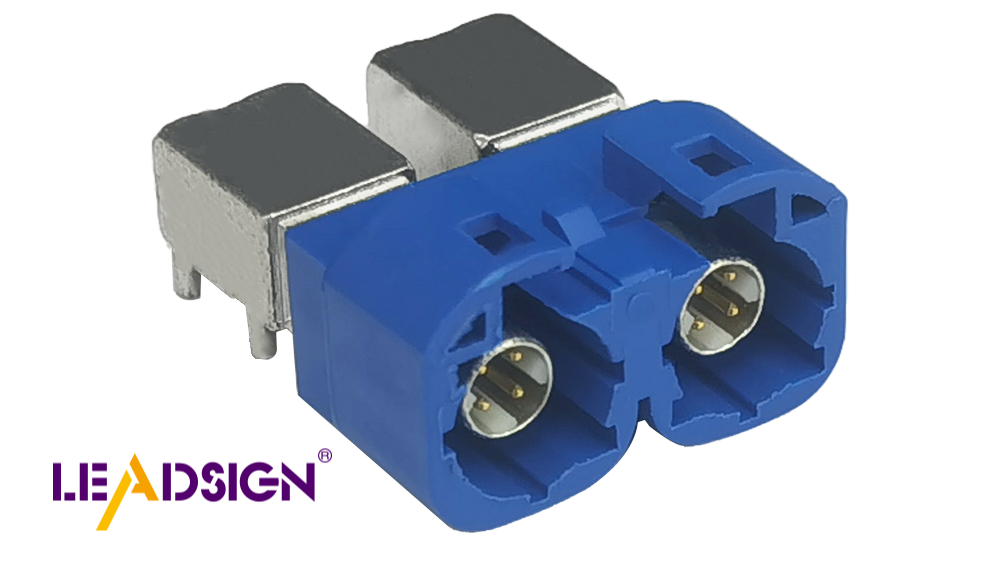Discover the Best Wiring Connector Types for Marine Projects

Choosing the right wiring connector types for boats is important. It keeps your projects safe and reliable. Boats face special problems like water and rust. These can hurt how connectors work. About 40-50% of military gear failures are due to bad connectors. To fix this, pick wiring connector types that are waterproof and rust-proof. This choice makes your boat projects last longer. It also helps them work well in tough conditions.
Key Takeaways
Choose waterproof and corrosion-resistant connectors to protect your boat's electrical systems from water damage and rust.
Understand the specific power needs of your project to select connectors that can handle the required electrical load without overheating.
Opt for durable connectors designed to withstand harsh marine conditions, including temperature fluctuations and physical impacts.
Utilize plug-and-play connectors for easy installation and maintenance, saving time and reducing complexity in wiring tasks.
Regularly check the compatibility of new connectors with existing systems to ensure seamless integration and prevent electrical issues.
Prioritize safety by selecting marine-grade connectors that minimize the risk of electrical failures or fires on your boat.
Overview of Marine Wiring Connector Types
When working on boats, knowing about marine wiring connectors is key. These connectors are made to handle tough marine conditions. Let's see what makes them special and why they are important for your boat projects.
Unique Features of Marine Connectors
Waterproof Capabilities
Marine connectors are great at keeping water out. You need connectors that stop water from causing electrical problems. They have seals or gaskets to keep water away, even underwater.
Corrosion Resistance
Stopping rust is very important. Saltwater and wet air can ruin regular connectors fast. Marine connectors use materials like stainless steel or brass to fight rust. This keeps your connections working well, even in salty conditions.
Durability in Harsh Conditions
Marine connectors are strong. They can handle shaking, temperature changes, and hits. This strength keeps your wiring safe and working, even in rough waters.
Importance of Marine Connectors
Safety Considerations
Safety is very important on boats. The right connectors lower the chance of electrical problems or fires. Marine-grade connectors, like Quick Disconnects and Butt Connectors, make rewiring easy and safe. This is crucial for keeping everyone safe on board.
Performance Reliability
Good performance is needed for any boat project. You want connectors that work well without needing lots of fixes. Crimp connectors for boats, from 22 gauge to 10 gauge, work for most jobs. Their strong design keeps your systems running well, cutting down on problems and boosting efficiency.
By picking the right marine wiring connectors, your projects stay safe and work well. Whether for cars or big machines, choosing tough connectors ensures they last and work efficiently. These connectors also work for military, medical, and transport uses, showing they are useful in many areas.
Different Types of Marine Wiring Connectors

When working on boats, picking the right connectors is key. Each type has special features for marine needs. Let's look at different connectors and how they are used.
Waterproof Connectors
Features and Benefits
Waterproof connectors are a must for boats. They have seals to keep water out. This keeps connections safe, even underwater. Many have heat shrink covers for extra protection. This makes them last longer and work better.
Common Applications
You find waterproof connectors in boat lights and radios. They work well in wet places like bilge pumps. Using them keeps your boat's electric systems safe and reliable.
Corrosion-Resistant Connectors
Material Composition
These connectors fight rust from saltwater. They use stainless steel or brass to stay strong. A shiny finish helps them resist damage. This keeps connections working over time.
Use Cases
Corrosion-resistant connectors are great for boat engines and batteries. They protect from rust, keeping things working well for a long time.
High-Current Connectors
Current Rating Specifications
High-current connectors handle lots of electricity. They have ratings to show their power limits. They are needed for big motors and heavy gear.
Typical Scenarios
On boats, these connectors are used for batteries and thick cables. They are like Burndy connectors, known for being strong. They also work for car wires, handling power needs well.
By knowing about these connectors, you can choose wisely for your boat. Whether for big machines or medical tools, the right connectors keep things safe and lasting. Strong connectors are best for tough jobs, like robots and transport.
How to Pick the Best Wire Connectors for Boats
Choosing the right wire connectors for boats needs careful thought. You must pick connectors that can handle marine challenges. Here's a simple guide to help you choose well.
Checking the Environment
Saltwater Problems
Saltwater can harm electrical connections. It speeds up rust, causing failures. Pick connectors made of stainless steel or brass. These materials fight rust and keep connections strong.
Temperature Changes
Boats face big temperature changes. These can affect connectors. Choose ones that work in hot and cold without breaking. This keeps your systems working in all weather.
Knowing Power Needs
Understanding Power Use
Before picking connectors, know your project's power needs. This means knowing how much electricity your system uses. High-power connectors are needed for big motors. They stop systems from overheating.
Matching Connector Details
Once you know your power needs, find connectors that match. Look for ones with the right power ratings. This stops overloading and keeps projects safe and efficient.
Making Sure Connectors Fit
Types and Sizes
Different connectors do different jobs. Pick ones that fit your project's needs. For example, car connectors are good for vehicles. Make sure they are the right size and type.
Fitting with Current Systems
Think about how new connectors fit with old systems. They must work together smoothly. Check that connectors link with other parts easily. This stops problems in your boat projects.
By following these tips, you can pick the best wire connectors for boats. Whether for robots or transport, the right connectors last long and work well. These ideas work for many fields, showing their usefulness.
Picking the right wiring connectors for boats keeps them safe. Look for waterproof and rust-proof connectors. They handle tough marine conditions well. Think about what you need, like high-power or rust-proof connectors. Check the types and pick ones that fit your needs. This helps your boat systems last longer. It also makes sure they work well in hard conditions.
FAQ
How do you make and use electrical wiring connections for boats?
To keep power connections strong on your boat, use marine 'bus bar' connectors. These work well with crimped wire ends. Choose self-sealing ends to stop water from getting in. This setup makes your electrical system last longer and stay safe.
What are plug-and-play connectors, and how do they benefit marine projects?
Plug-and-play connectors make boat wiring easy. Many boat engine wires have these connectors. They snap together fast, making jobs quicker. To disconnect, press a small tab to unlock. This saves time and makes wiring less tricky.
What size crimp connectors should you use for marine applications?
Crimp connectors from 22 gauge to 10 gauge fit most boat jobs. They handle many tasks on a boat. Ring terminals, a type of crimp connector, give strong connections. Use them with two or more wires as needed. Their tough design keeps connections safe on boats.
Why is corrosion resistance important for marine wiring connectors?
Corrosion resistance matters because boats face saltwater and wet air. These cause rust and weaken connections. Using materials like stainless steel or brass stops rust. This keeps your wiring strong and working well for a long time.
How do you choose the right connectors for test and measurement in marine settings?
When picking connectors for tests, think about your boat's needs. Find connectors that are precise and reliable. Make sure they can handle marine conditions. They should also fit well with your current systems for easy use.
See Also
Exploring Fakra Connectors: Benefits, Uses, and Setup Advice
Benefits of HFM Connectors for Automotive Applications
Why FAKRA Connectors Matter in Automotive Systems

